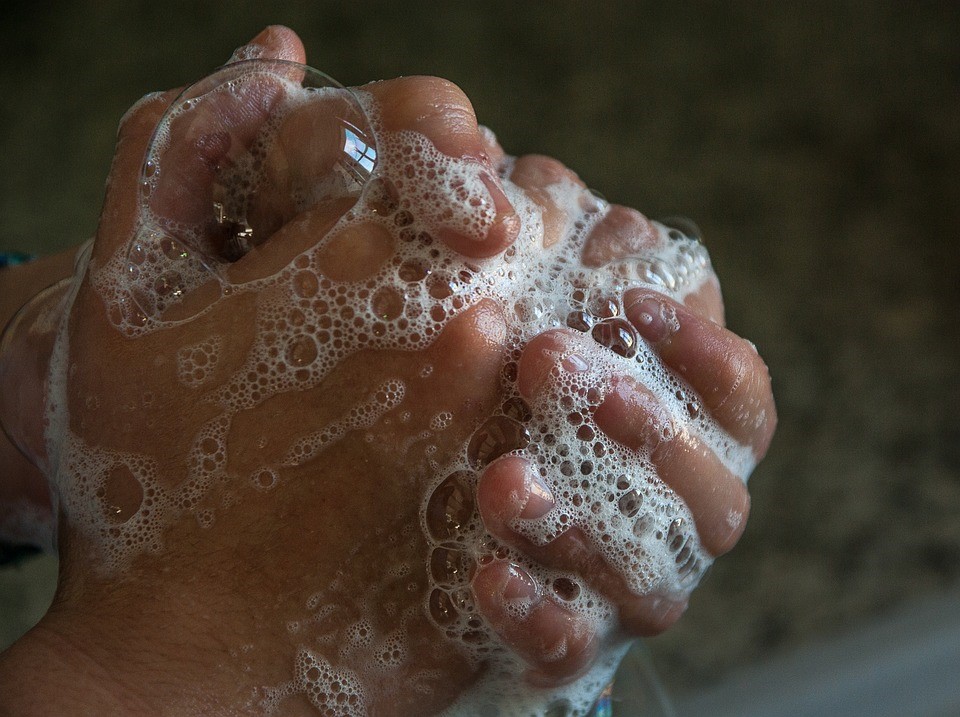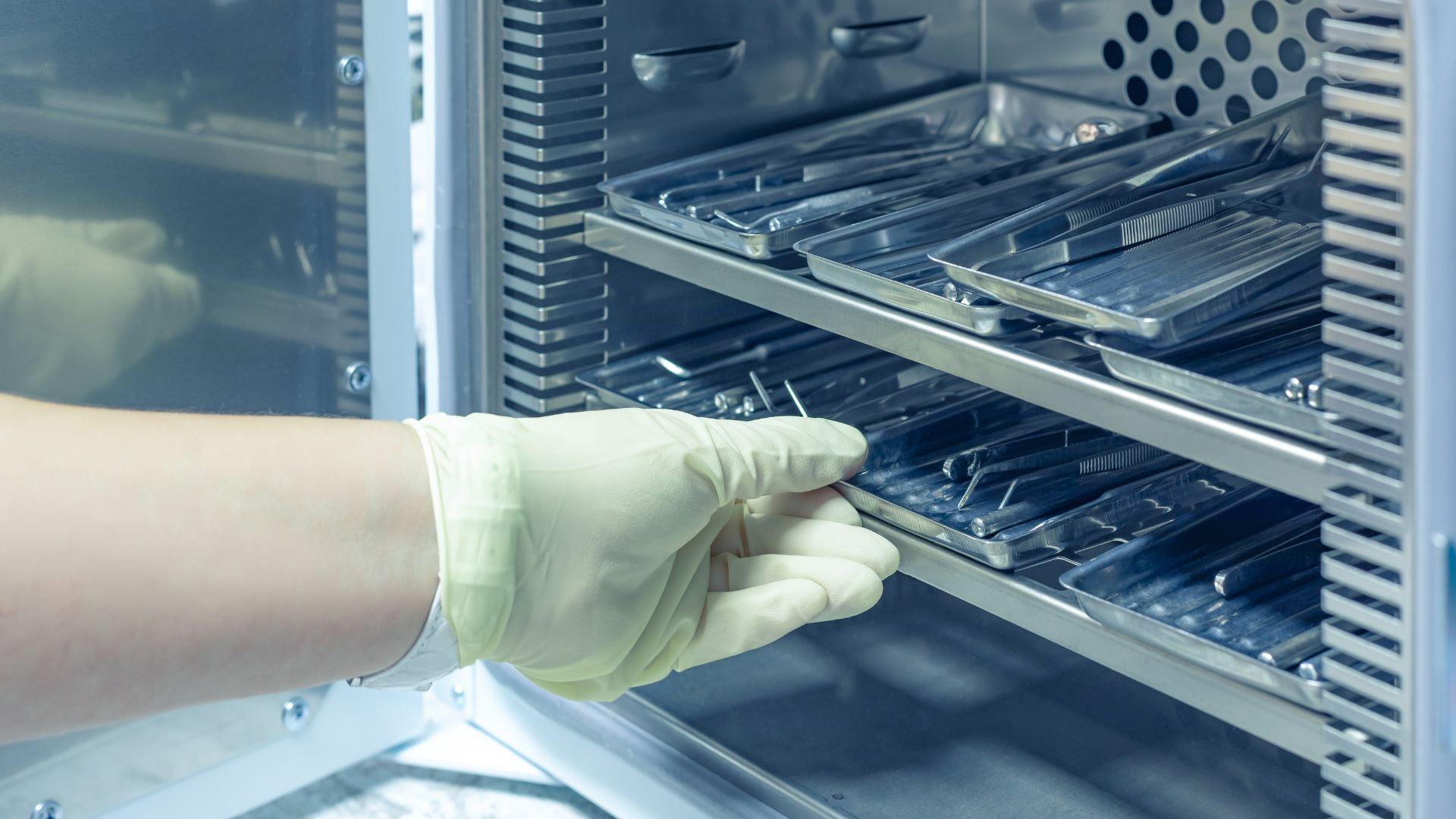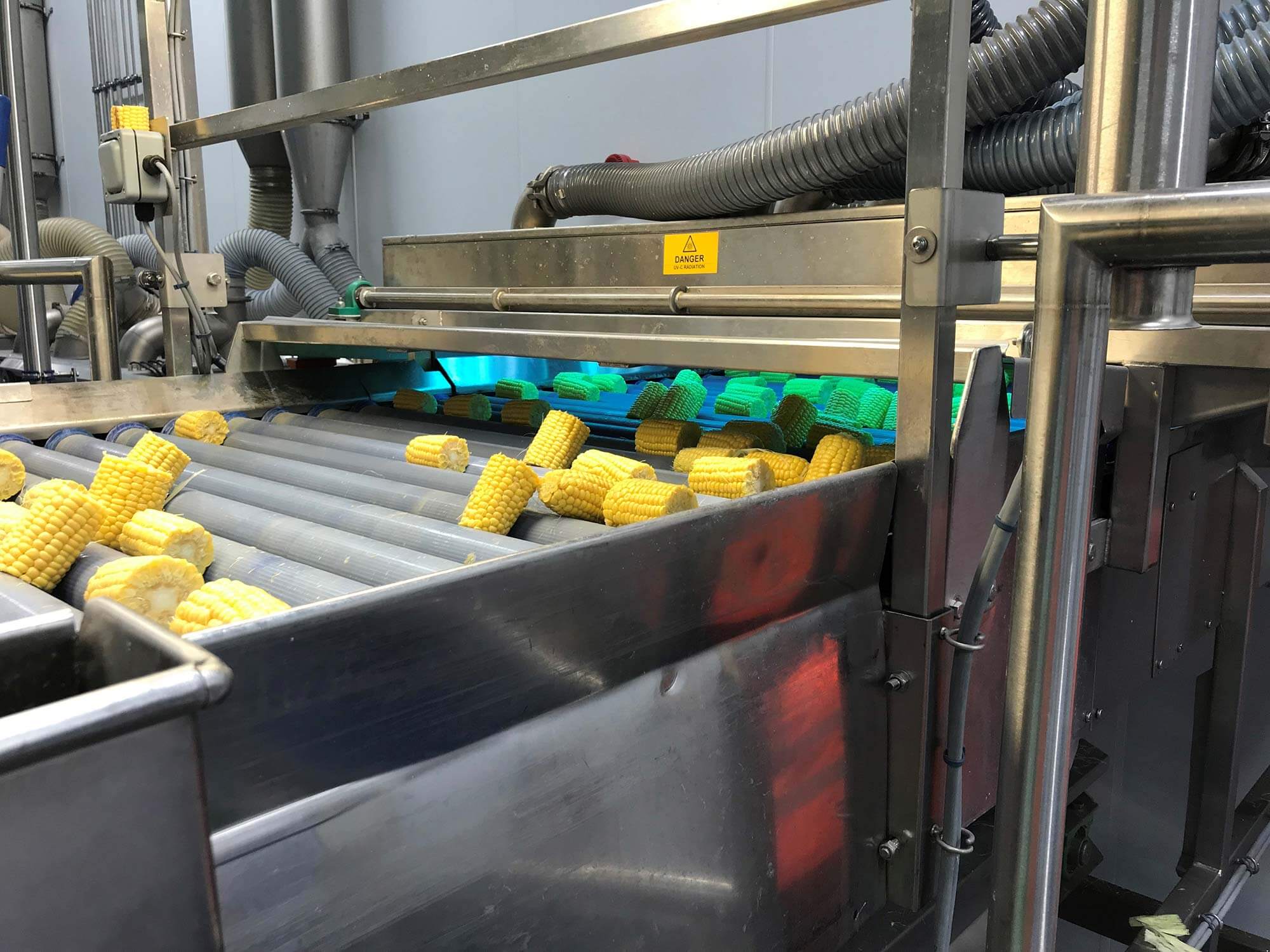Minimising Your Legionella Risk
What Is Legionella?
Legionella is a pathogenic group of Gram-negative bacteria, (including the special L. pneumophila) which causes legionellosis! Legionella has at least 50 species and 70 serogroups.
Legionella pneumophila bacteria can be found in natural water sources (rivers, lakes and reservoirs), but is usually low in numbers. However, you can also find this bacteria or similar bacteria in man-made water systems (spa pools, hot/cold water systems and cooling towers).
Although not a common bacteria, if the conditions are favourable (when the temperatures are high enough) the bacteria runs the risk of multiplying and increasing chances of the disease spreading – so it is important to take the right control measures.
Previously called the “Mystery-Disease”, Legionella gained its name from an outbreak amongst US military veterans that sickened 221 people, causing 23 deaths in 1974.
How Can You Contract Legionella?
Legionella bacteria is not transmitted from person to person, and most people exposed will not become ill. However, you can contract the disease by inhaling small droplets of water that are suspended in the air, which contain the bacteria.
Although not likely, many conditions can increase the likelihood of coming into contact with this bacteria, these include: if water temperature is between 20-40C, breathable water droplets being created and dispersed (e.g. by cooling towers or water outlets), when water is being stored and then recirculated as well as other deposits being present to support bacteria growth e.g. rust, sludge, scale and organic matter.
If you contract legionellosis, you may find yourself getting pneumonia-type symptoms, which is often called Legionnaires ’ disease and can be fatal, or you could develop flu-like symptoms which is called Pontiac fever.
If you find yourself with a high temperature, fever, cough, muscular pains, headaches, pneumonia, diarrhoea and signs of mental confusion, contact your doctors immediately, it is likely the antibiotic erythromycin will be prescribed.
If this bacteria is identified via blood or urine test, it is vital you report this to your workplace or wherever the source was you contracted the disease/bacteria to prevent anyone else coming into contact.
Risks of Legionnaires ’ disease increases with age, heavy drinking/smoking, sufferers of chronic respiratory or kidney disease, diabetes, lung and heart disease and anyone with an impaired immune system.
A Solution To Legionella!
As we well know, bacteria can multiply quickly in a warm water infrastructure e.g. heated warm water and hot water recirculation systems, and as these bacteria can often be found in drinking water supplies, it is imperative to prevent multiplication and promote disinfection.
It can also be very dangerous in places such as nursing homes and hospitals where hot water is a necessity for showering and hand washing. Immune systems are low in these facilities, so they are at higher risk of contracting Legionella disease.
Luckily, there is a solution! UV water treatment can disinfect the water to mitigate potential bacterial infection, it is a cost effective and chemical free approach, with no worry of overdosing or need for a hazardous plant room.
UVO3 can help you find the best UV water disinfection system for your requirement, whether you’re looking for domestic or commercial use, we have a UV disinfection solution for you. There are many benefits to using UV water filters over other disinfection methods, read out latest blog to discover why. Contact the UVO3 water treatment team today.






